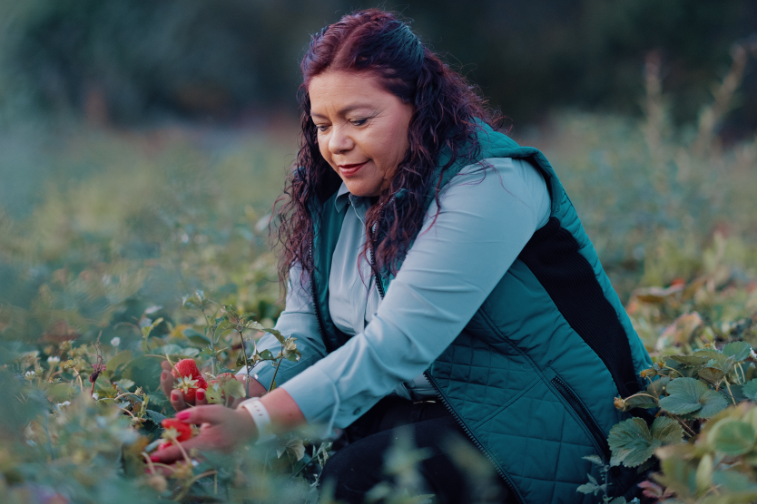Looking for financial support during your organic transition process?
When farmers transition their land from conventional to organic, they have to wait three years before achieving certification and selling their products as organic. During this three-year period, farmers are learning new farming techniques, creating new systems for their business, and generating new markets for their soon-to-be-organic products, all while cultivating products that are not yet able to earn certified organic premiums.
Organic Transition grants provide financial support to farmers who want to shift into to organic production. These grants and technical assistance are available to farmers and ranchers in California who are interested in transitioning to organic production.
Program participants receive grants, mentorship, and technical support in agronomy, business and financial literacy, marketing, and market development over a three-year period.
Grant Amount: $10,000 per year for three years, for a total of $30,000.
There may be the opportunity for eligible transitioning farmers to qualify for an additional $1,000/transitioning acre up to 30 acres for soil building practices.



